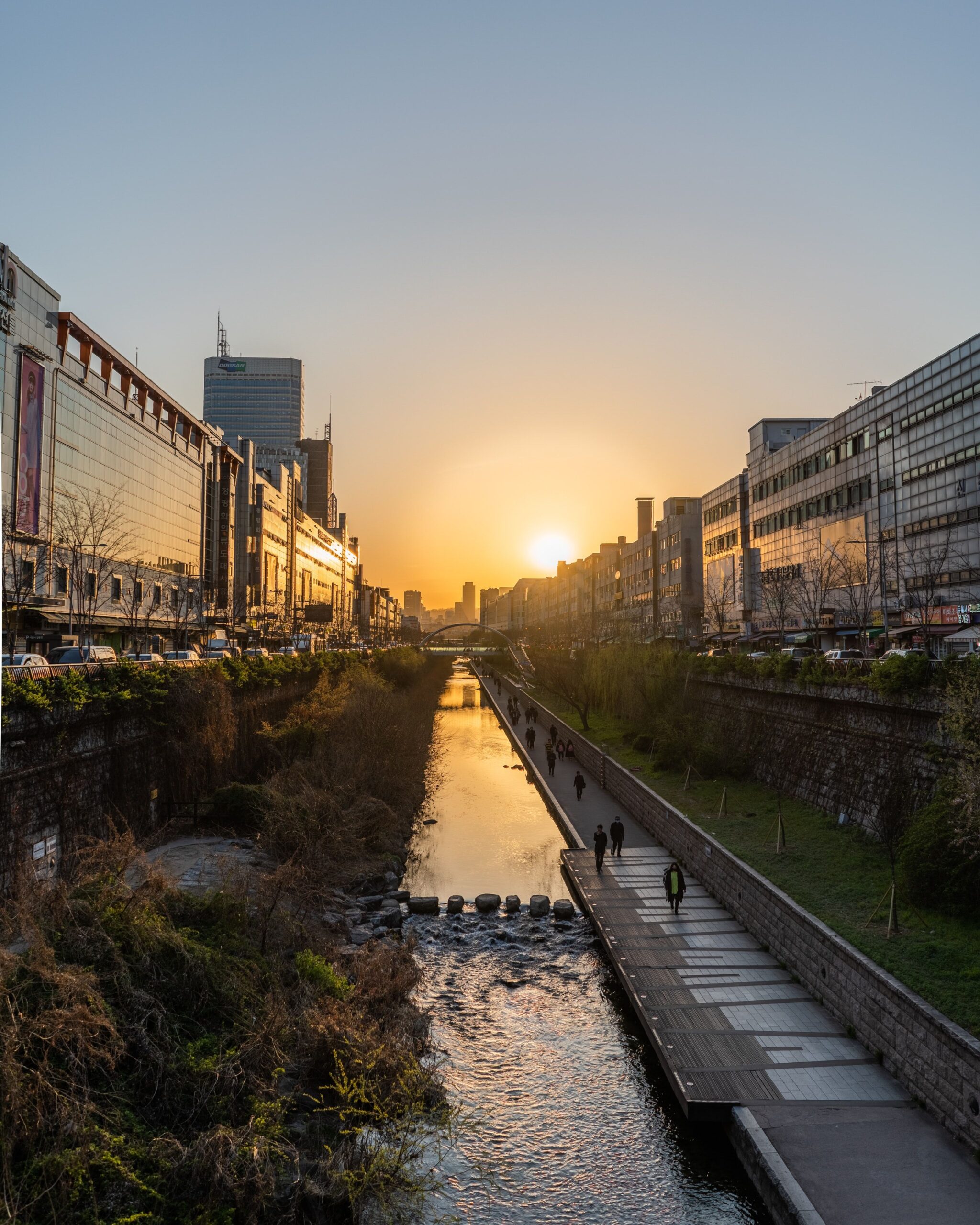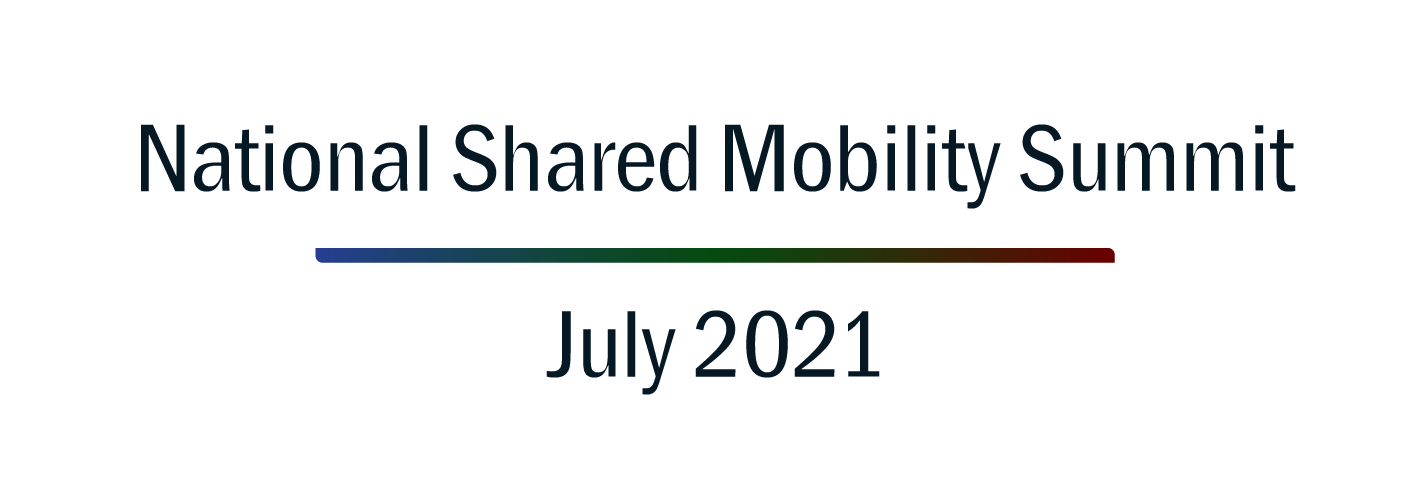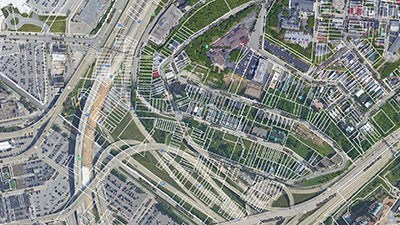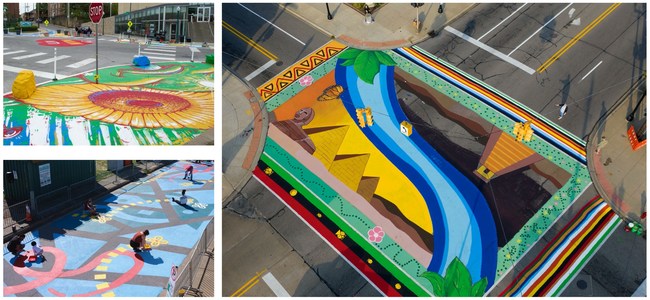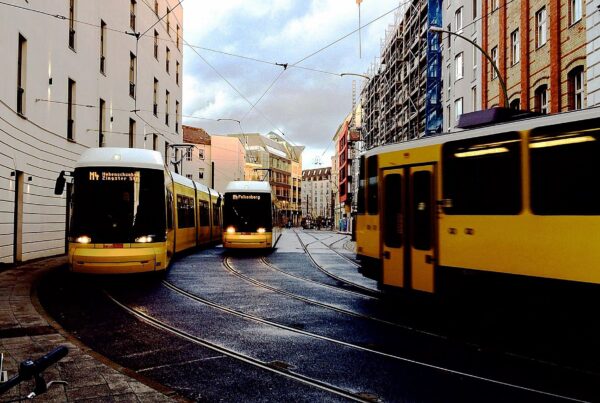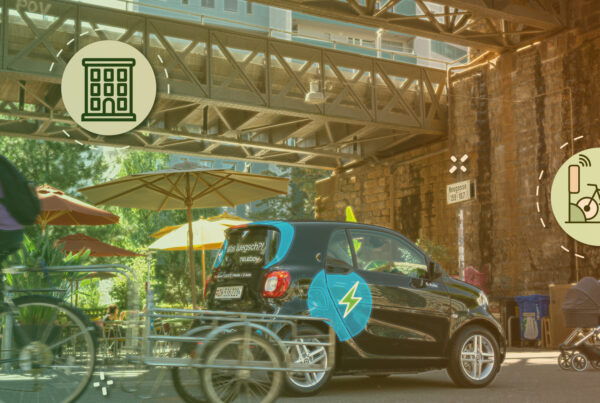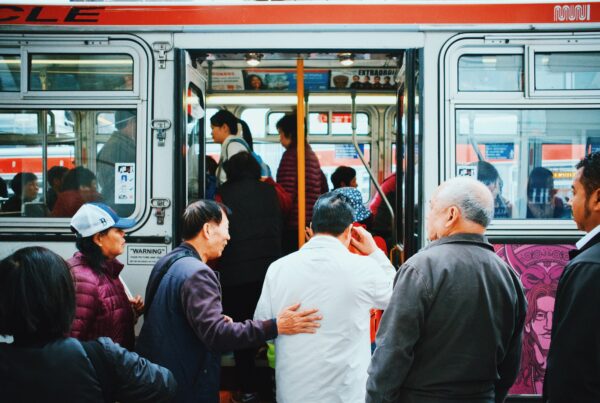The Mobility Hub
Your weekly guide to the latest in shared mobility
SUMC News and Announcements
Infrastructure is more than concrete, steel, and cable.
Infrastructure is information, economics, institutions, data, communities, and you. Our weekly focus areas and themes for discussion cover these elements and allow for collaborative insight that can help us plan a system that works for everyone.
You’ll receive Summit updates and be the first to know when you can register. In the meantime, visit our Summit site for more info.
WEEKLY FOCUS
Time for All: 9am – 1pm PT/10am – 2pm MT/11am – 3pm CT/12pm – 4pm ET
July 6: Informational & Physical Systems
How might we…
…change the way we gather and use information to manage mobility?
…change the way we plan, build, and maintain our physical infrastructure?
July 13: Financial Systems
How might we…
…change the way we finance and pay for mobility and accessibility?
…change the way the financial systems allocate value and power?
July 20: Policy & Institutional Systems
How might we…
…change the way we’ve organized our agencies and government institutions?
…change the priorities of our policies and regulations?
…move from control systems to cooperative systems?
July 27: Social and Political Systems
How might we…
…change the way we’ve organized our communities and societal networks?
…change the way we make decisions and who makes decisions?
…use shared mobility and public transportation to make our societies more equitable and sustainable?
New FTA guidance for recipients of COVID-19 related funding
The FTA has posted 11 new Frequently Asked Questions (FAQs) for recipients of CARES, CRRSAA, and other FTA funds. Working closely with the Centers for Disease Control and Prevention (CDC) and other federal partners, the FAQs intend to guide transit agencies in their response to COVID-19.
This equity webinar is too important to keep to ourselves:
Engaging Black People and Power
March 22 from 12:00 – 1:15pm EST
Jay Pitter, MES, is an award-winning placemaker who leads city-building projects specializing in healing urban divides. This Webinar launch event for Jay’s publication, created in collaboration with York University’s Faculty of Environmental and Urban Change, focuses on engagement practice and policy approaches for addressing spatialized anti-Blackness in cities across North America. The event itself includes a fireside chat, a living legacy tribute, and a musical interlude.
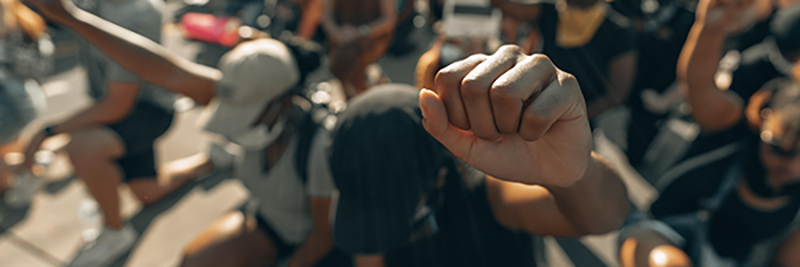
Mobility Justice
Called, the “James Baldwin of the environmental justice movement,” Cecil Corbin-Mark led efforts to recognize and advocate for racial and climate justice for Black and brown communities until his death last October. Grist recounts his inspiring story.
VIDEO: Right of Way: Race, Class, and the Silent Epidemic of Pedestrian Deaths in America investigates the human costs of racial inequality and the rule of automobiles in the US. You can watch the author, journalist Angie Schmitt, discuss as part of The Kinder Institute for Urban Research’s Urban Reads series.
We know that highways mowed down blocks of neighborhoods, but thanks to a clever Twitter user and Zillow’s satellite view, we can see the communities that were destroyed.

Ridehailing/Carsharing/Carpooling
On-demand ride trendsetter Via has acquired street design software company Remix for $100 million to combine its transportation software prowess with Via’s transit tech expertise to better crack the multimodal mobility code for cities and transit agencies worldwide.
Free2move’s carsharing service is heading to the Rose City with 200 Jeep Renegades as the company expands in North America, offering a new shared mobility option to Portlanders.
Carpooling points may look like bus stops, but they’re part of a French initiative to reduce rush hour traffic by matching up carpool riders and drivers—with the help of a little wayfinding and an app or an SMS.

Bikesharing & Micromobility
900,000 New Yorkers travel on two wheels, so the next mayor of New York will need to take biking seriously if they want to succeed in moving the city towards a sustainably robust transportation future. The Gothamist lists how the candidates stack up on cycling after a forum held by Bike New York.
Bikeshare equity cannot be an afterthought. To remind us of best practices as the weather warms, the Better Bike Share Partnership compiles 10 policy briefs from the Transportation Research and Education Center (TREC) at Portland State University.
BMW and Daimler-backed mobility player Free Now will soon offer mobility company Tier’s electric scooters and mopeds in its app, starting in Germany and France and rolling out across the EU in the summer.

Transit
Next City covers the ongoing saga of the hybrid bus as experienced by transit agencies in the US (MBTA, Muni, King County Metro, Metro Transit, Miami-Dade Transit) in their quest for emissions-lowering efficiency and affordability.
Transit systems have desperately needed emergency relief to keep people moving during the pandemic—especially the essential workers that make our everyday lives possible—and finally that’s a reality with Congress passing the $1.9 trillion relief bill that includes $30 billion for public transportation.

Technology
AI, deep learning networks, and autonomous tech development will be on everyone’s minds at the NVIDIA GPU Technology Conference that features presentations from company heads at Zoox, Audi, Cruise, NVIDIA, and Locomation on April 12-16.
Micromobility infrastructure is heating up in Paris with the installation of “150 dock, lock and charge points” created by innovator DUCKT to help organize scooter operations and street-space management.
Our friends over at City Tech Collaborative have teamed up with the Chicago Transit Authority, Microsoft, Intel, and Genetec to pilot advanced passenger-counting tech using various anonymized data sets and analytics for the 79th street bus line.

Sustainability
Traffic congestion may have decreased by nearly 50% in major US cities during 2020, but the increase in traffic-related deaths, a spike up of 24% compared to 2019, shows that when people have the chance to drive faster on emptier streets, they will.
Parking meters—a great urban recovery tool? Well, maybe. As Strong Towns suggests, cities can leverage existing spaces to streamline parking management and use the profits to fix ailing budgets or fund sustainable urban development.
Pop-Up City encourages you to dive into the initiatives that are turning urban swimming into a community-revitalizing movement to reclaim the waterways for public access.
Project Funding Opportunities
RFP: Shared Scooter Pilot Program
City of Boulder, CO
Deadline: March 24, 2021
RFP: MNIT/MnDOT MaaS
Minnesota Department of Transportation and Minnesota IT Services
Saint Paul, MN
Deadline: April 22, 2021
RFP: Low or No Emission Grant Program Competitive Funding Opportunity
Federal Transit Administration
Deadline: April 12, 2021
RFP: Operation of Marin Access Services and Programs
Marin Transit
Marin County, CA
Deadline: May 21, 2021
GRANTS: Asphalt Art Initiative
Bloomberg Philanthropies
20 U.S. cities can receive up to $25,000 each for projects that use art and design as “visual interventions” to improve street safety, revitalize public spaces, and engage community residents. Applications are open until April 30, 2021.
SUMC is hiring!
We’re looking for a temporary bookkeeping and administrative assistant with long-term potential.
Hello everyone, we heard your feedback and are trying out a new look.
Tell us what you think.

